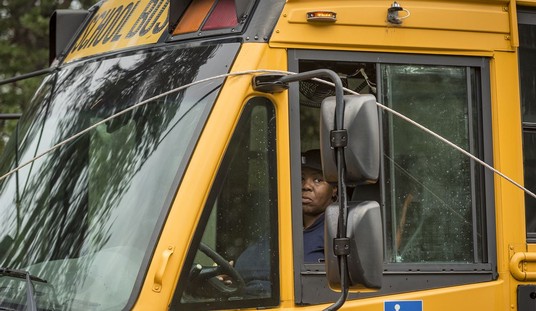New Israeli concessions and the resumption of talks with the Palestinian Authority are tragedies, replays of the Oslo process of the 1990s and the Gaza disengagement. Both of those events not only failed to bring peace, but simply made matters worse.
Many rabbis have since called on the Israeli government not to give in to concerted international pressure. The rabbis plea is not merely strategic: it is based upon Jewish law — Halacha — and centers around an explicit ruling in perhaps the most authoritative text on contemporary Jewish law. The Shulchan Aruch rules against giving away land in border communities that are under attack.
In Orach Chaim (329:6), the section dealing primarily with the laws of the Sabbath and festivals, the Shulchan Aruch tackles the question of whether Jewish communities anywhere in the world that find themselves under siege or attack on the Sabbath can violate the holy day to wage war. The ruling states:
If their [the attackers] intent was financial gain, the Sabbath laws should not be violated because of them.
…
[However] if their intent was against Jewish lives, or if they lay siege without any stated intention, or if there is a sense that they are coming for Jewish lives, then even before they come — and are only mobilizing themselves — it is a mitzvah [Torah commandment] to go out and attack them with weapons of war and violate the Shabbat laws.
It further states that if a community that borders the Jewish town makes even the slightest demands of the Jews on the Sabbath, then it is required to violate the Shabbat in the community’s defense:
And if it is a city located near a border — even if they [the enemy] are only demanding hay or straw — we attack them and violate the Shabbat, lest they conquer the city, and because of that conquest it becomes easier for them to conquer the rest of the land.
In other words: if you are under attack and will continue to be so, don’t make concessions, especially those that weaken further self-defense. The prior 20 years of Israeli history is a testament to how adherence to this ruling could have saved Jewish lives over and over again.
This is not a mere political issue. It regards pikuach nefesh (mortal danger), which every rabbi is obligated to get involved in and to which every politician must pay urgent attention.
In 2012, a group of rabbis met with the EU’s representative in Israel, Andrew Standley. At the end of their meeting, the rabbis presented Standley with a copy of the Shulchan Aruch‘s ruling. In response, Standley declared:
You have your Bible, but we have international law, which is our Bible.
Nevertheless, the religious law is more strategically sound; it is what countries actually do. When you know you are going to be under attack, you defend yourself.
Standley’s statement is crucial in understanding where Israeli leaders and advocates have often gone wrong. Instead of adopting an independent “Jewish” discourse, they play by the rules of others. Israeli spokesmen are afraid or embarrassed to mention the Bible, because they think the world would not accept it. But the world and even the EU understand that a Jew believes in the Bible, even if they disagree. And even secular Israelis understand and accept the Jewish principle of the supreme sanctity of human life and of self-defense.
Precisely now — when the entire Arab world surrounding Israel is involved in wars and uprisings — is not the time to give up anything. Agreements would be worth nothing as soon as the next ruler takes over, or the situation shifts.
Instead Israel now has an opportunity to declare that, as a result of the dramatic instability in the region, it cannot surrender one inch of territory.









Join the conversation as a VIP Member